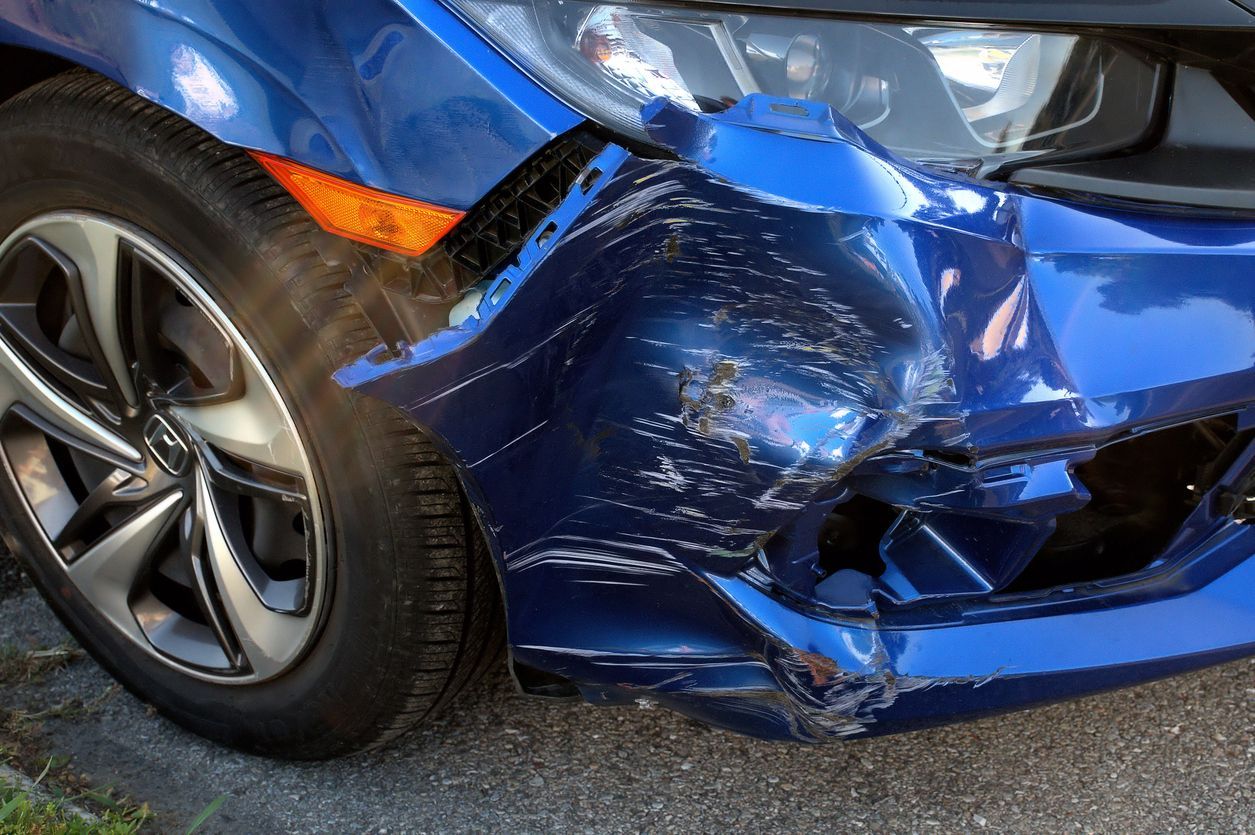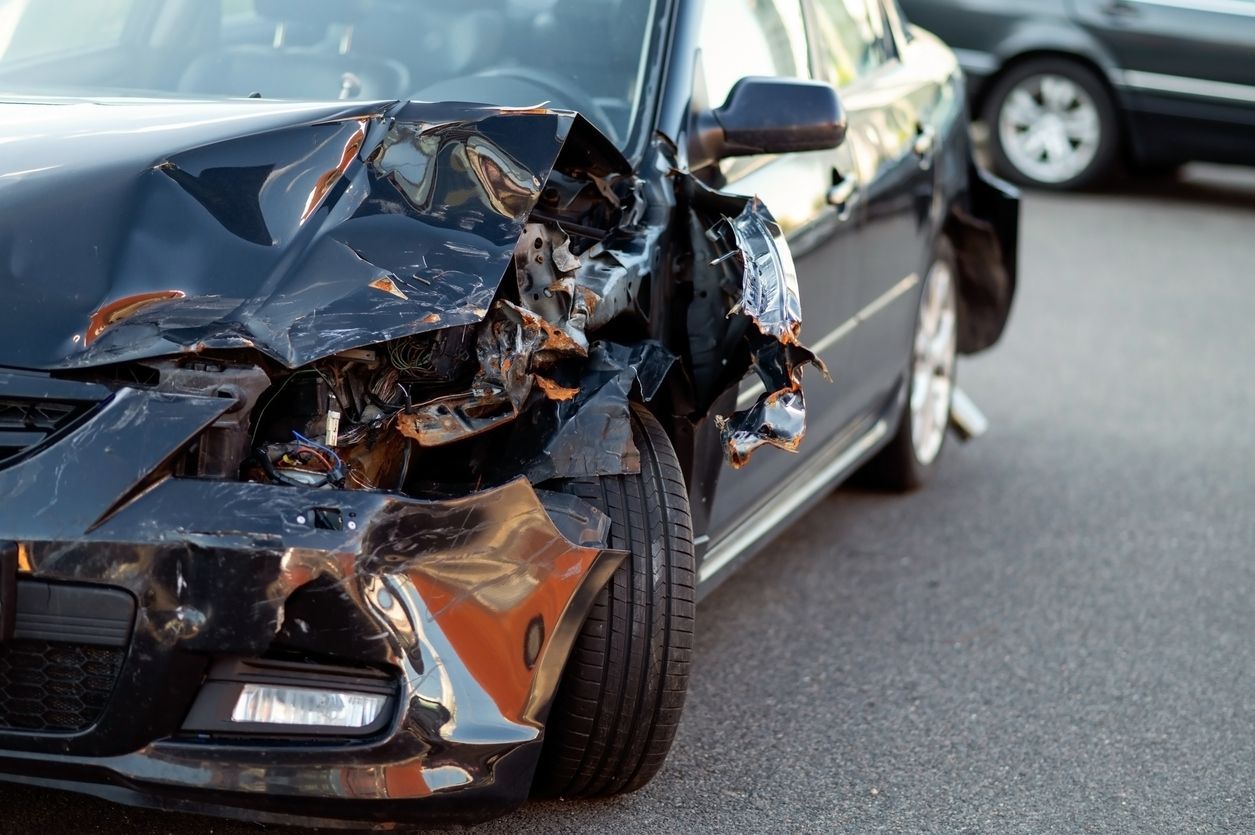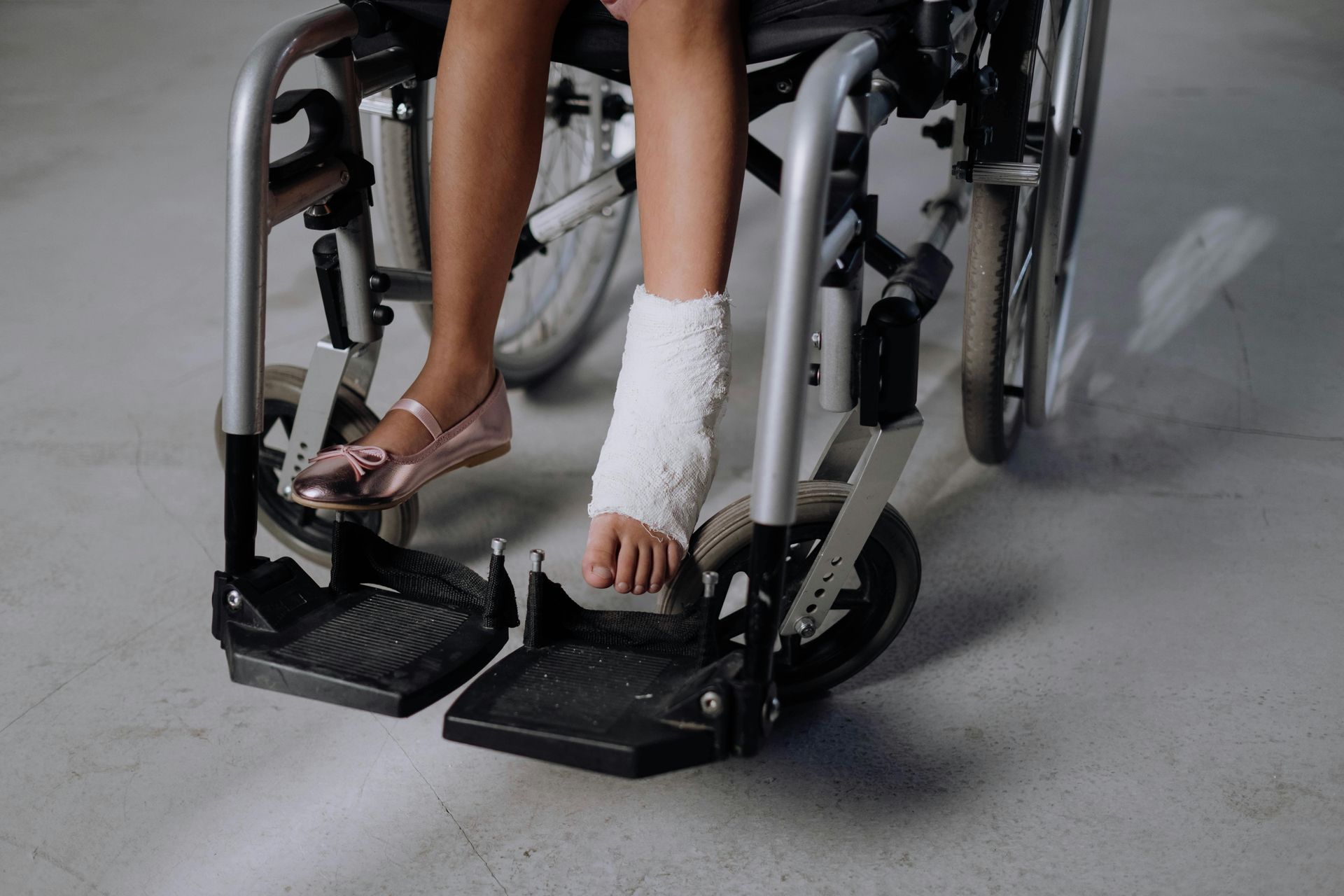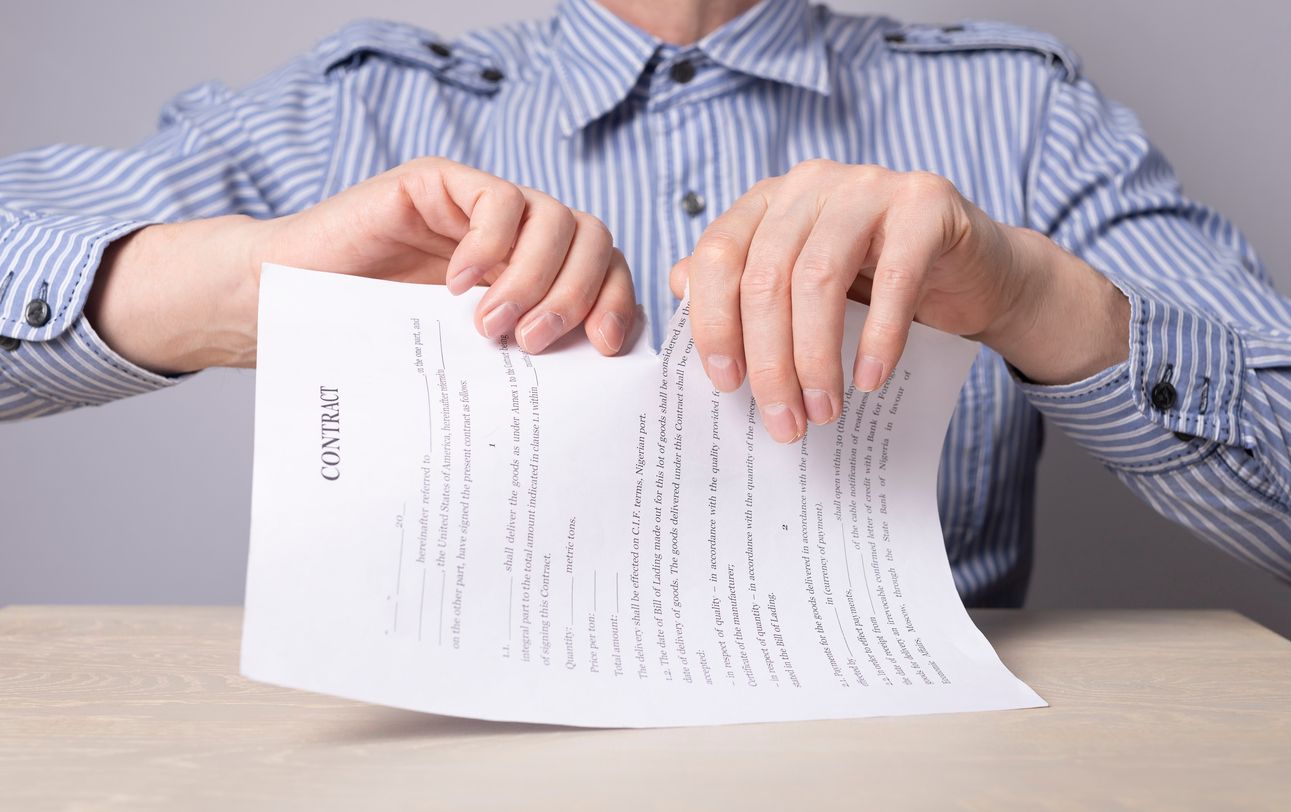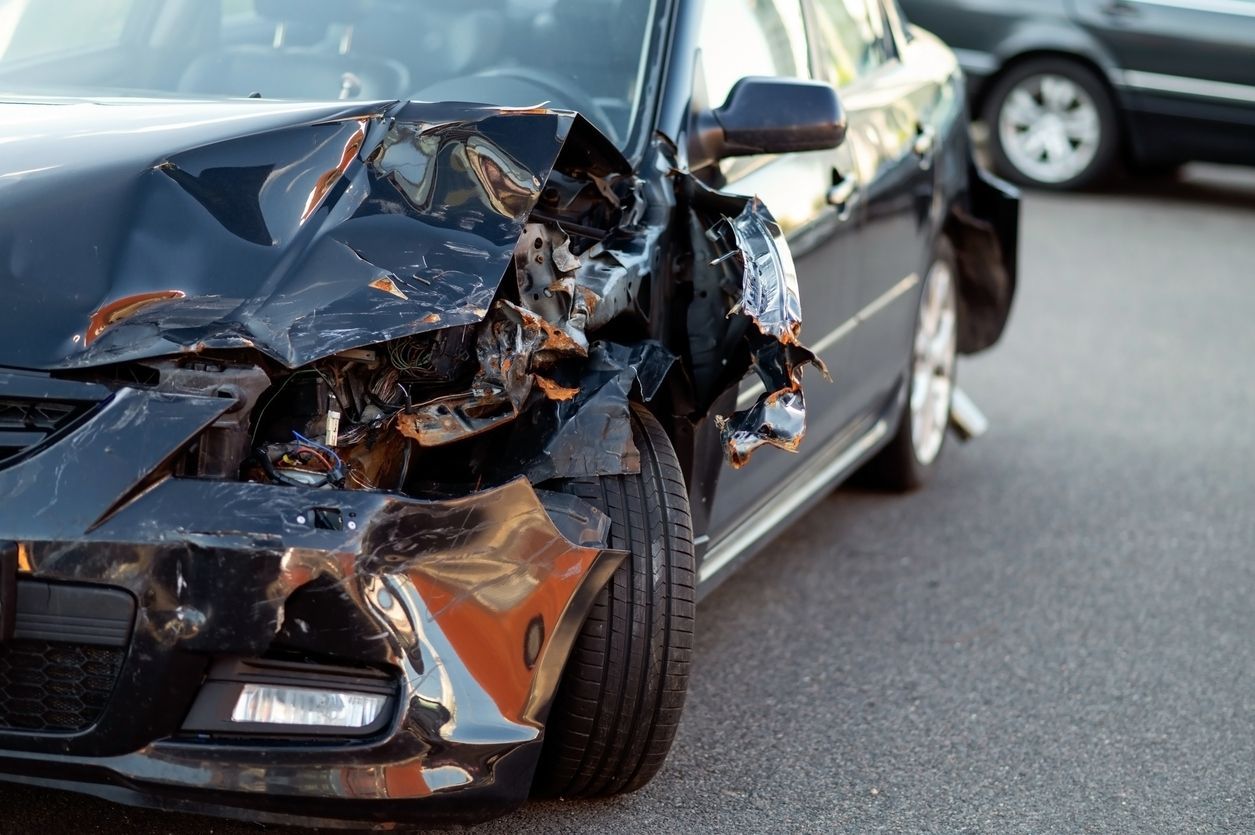Bicycle Accidents and Personal Injury Claims in Missouri: What Cyclists Need to Know
Finder Law Serves Clients Across Jefferson City, Columbia, and Central Missouri
As cycling grows in popularity across Missouri—from the scenic trails of the Katy Trail to the busy streets of St. Louis and Kansas City—so does the risk of accidents involving bicyclists and motor vehicles. Unfortunately, when a crash occurs, cyclists are especially vulnerable to serious injuries. If you or a loved one has been injured in a bicycle accident in Missouri, it's essential to understand your legal rights and the steps involved in pursuing a personal injury claim.
Missouri Law and Bicycle Rights
Under Missouri law, bicycles are considered vehicles. That means cyclists have the same rights—and responsibilities—as motorists when using the roadway. Drivers must share the road, give cyclists at least three feet of clearance when passing, and yield when appropriate. When these rules are violated, and an accident occurs, the driver can be held legally responsible.
Common Causes of Bicycle Accidents
Bicycle accidents often occur due to:
- Driver negligence (e.g., distracted driving, speeding, failing to yield)
- Dooring (when a parked car's door opens in a cyclist’s path)
- Unsafe road conditions (potholes, debris, poor signage)
- Failure to follow traffic laws by either party
Identifying the cause of the accident is critical to determining liability and building a successful personal injury claim.
What to Do After a Bicycle Accident
If you're involved in a bicycle accident, take these steps as soon as possible:
- Call 911 and report the accident.
- Seek medical attention—even if injuries seem minor.
- Document the scene with photos and witness statements.
- Exchange information with all involved parties.
- Do not admit fault or discuss the accident on social media.
- Contact a personal injury attorney to protect your rights
Understanding Personal Injury Claims in Missouri
Missouri follows a pure comparative fault system, meaning your compensation may be reduced by your percentage of fault in the accident. For example, if you're found 20% at fault, your recovery will be reduced by 20%.
You may be entitled to recover damages for:
- Medical expenses
- Lost wages
- Pain and suffering
- Property damage
- Long-term care and rehabilitation
The
statute of limitations for personal injury claims in Missouri is
five years from the date of the accident. However, it's wise to consult with an attorney as soon as possible, as evidence can deteriorate or be lost over time.
Why Legal Representation Matters
Insurance companies often attempt to minimize payouts or shift blame to the cyclist. An experienced personal injury attorney can:
- Investigate the accident
- Negotiate with insurers
- Gather expert testimony and evidence
- File a lawsuit if necessary
Having strong legal representation ensures your rights are protected and gives you the best chance to receive fair compensation.
Injured in a Missouri Bicycle Accident? We Can Help.
At Finder Law, LLC, we understand the challenges injured cyclists face. Our team is dedicated to advocating for your recovery—physically, emotionally, and financially.
Contact us today for a
free consultation and take the first step toward justice.
This blog is for informational purposes only and does not constitute legal advice. For specific guidance, please contact our office directly.

